New PhD candidates and postdocs at ASH
22 November 2022
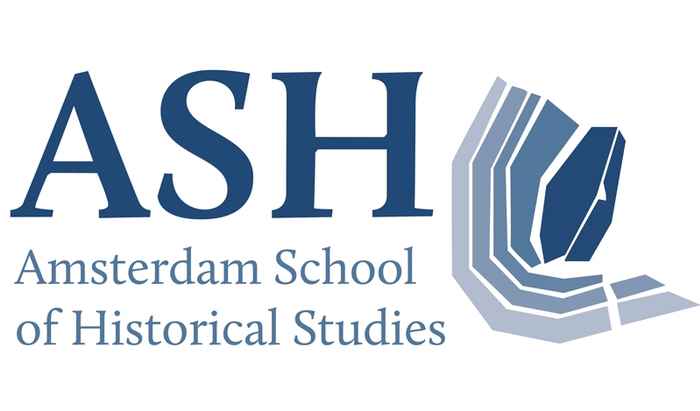
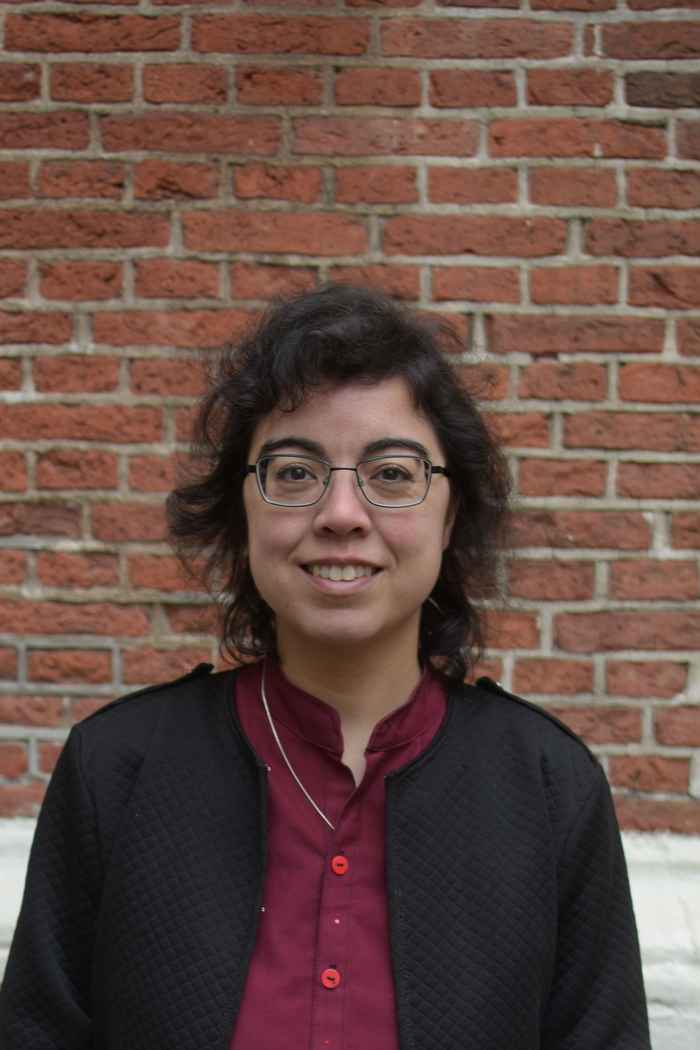
Renate Dekker studied Egyptology at Leiden University, specialised in Christian Egypt as a copticist, and obtained a PhD at Leiden University in 2017 with a dissertation on the social networks and activities of bishops in Late Antique Egypt. Her research interests include monks and monasteries as well as the history of the Coptic Orthodox Church. As a postdoc she contributes to the NWO VIDI-project Lived Time by examining the routines of monks, including coenobites and hermits, in Late Antique Egypt on the basis of Coptic documentary and literary sources.
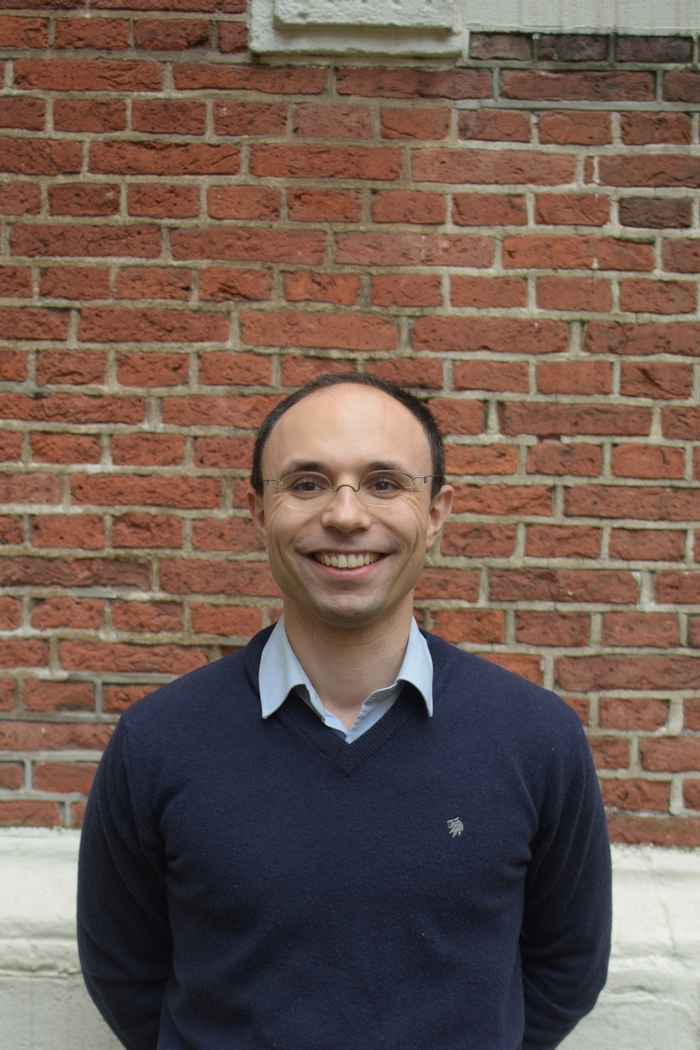
Eugenio Garosi obtained a Ph.D. (2019) in Arabic Studies and Ancient History at the Ludwig-Maximilians Universität, Munich and the University of Basel with an emphasis on Arabic papyrology and diplomatics. His main research interest lies in the role of languages and scribal practices in constructing social groups in the Umayyad and early Abbasid empires. After two postdocroral fellowships at the IIAS, Jerusalem and the RomanIslam Center, Hamburg, he joined the VIDI-project Lived Time, where he engages with the evolving social connotations of the hiǧrī calendar in Egypt following the Arab conquest.
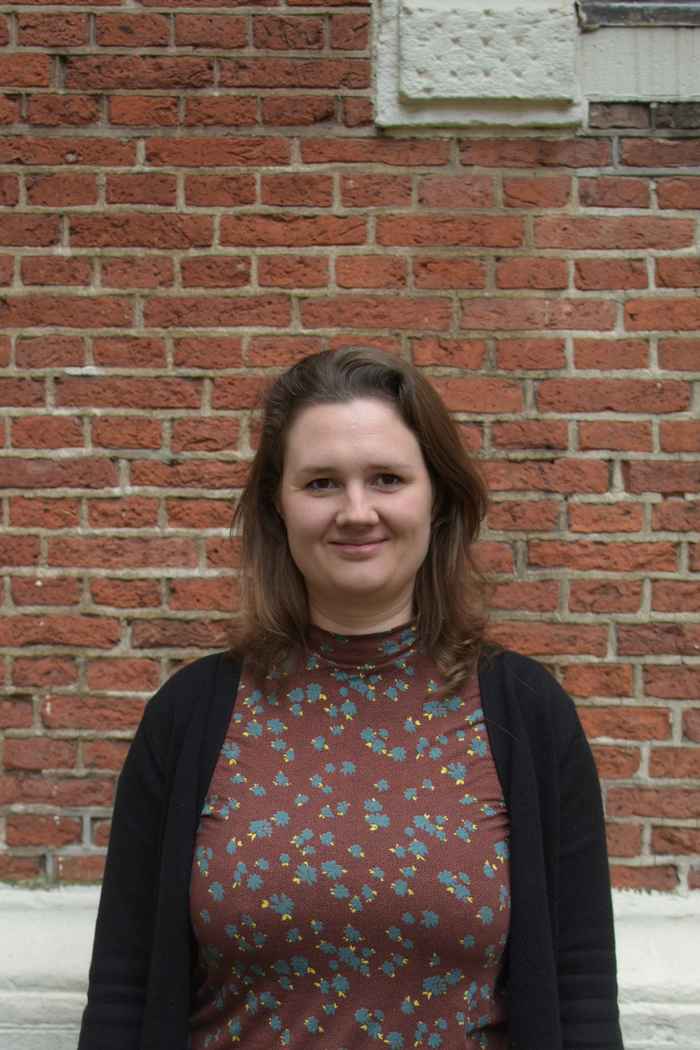
Elsa Lucassen obtained her Research Master in Classics (2011) with a focus on ancient religion at the University of Amsterdam. After finishing her degree she was a teacher of Greek and Latin at a secondary school in Amsterdam for many years.
Now she works as a PhD candidate on the changing festival calendar in Late Antique Egypt within the Lived Time project. The object is to analyse the ways in which people related to this calendar and navigated social tensions, which originated from different religious views.
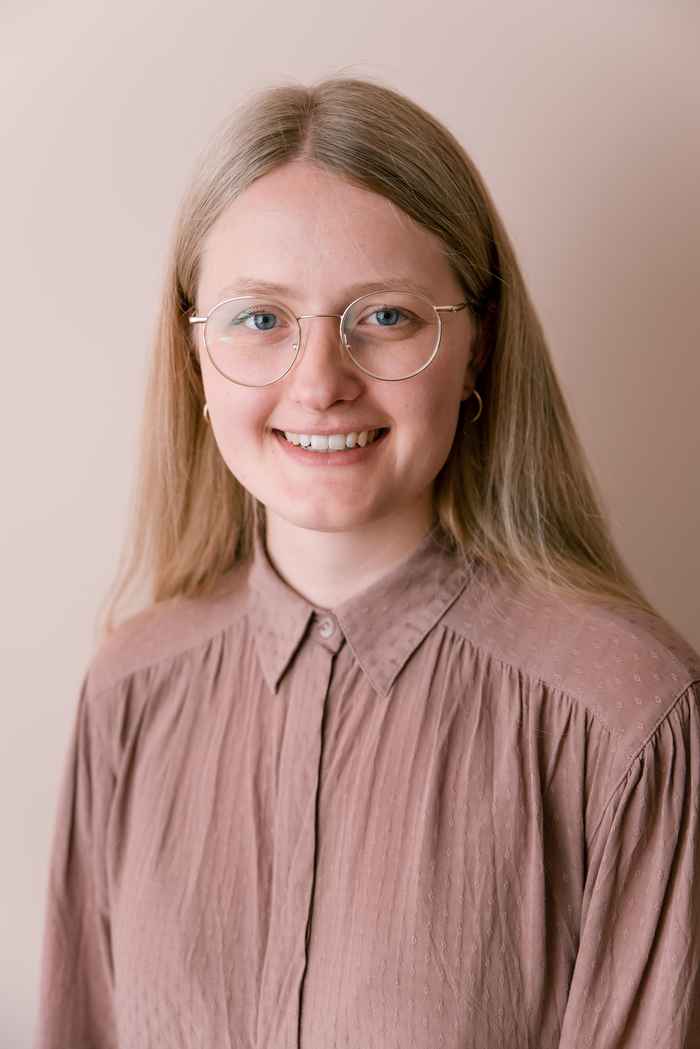
Mariëlle Ekkelenkamp studied art history and philosophy in Leiden University and Utrecht University, specializing in modern art, and finished the MA Curating Art and Cultures at the UvA in 2020. During her studies, she worked as curator in training at the Van Gogh Museum, curating an exhibition on drawings of artists’ portraits and conducting research into female artists in German Expressionism. After working as a research assistant for the collaborative project The Other Half. Women’s Participation in the Dutch Artworld, 1780-1980 at the RKD – Netherlands Institute for Art History in 2021, she started in September 2022 as a PhD candidate at ASH. Continuing her previous research into female art collectors, her PhD-project sets out to study the role women played in art patronage through their participation in Dutch foundations such as the Vereniging Rembrandt from the 1870s until the Second World War, supervised by dr. Rachel Esner and dr. Danielle van den Heuvel.
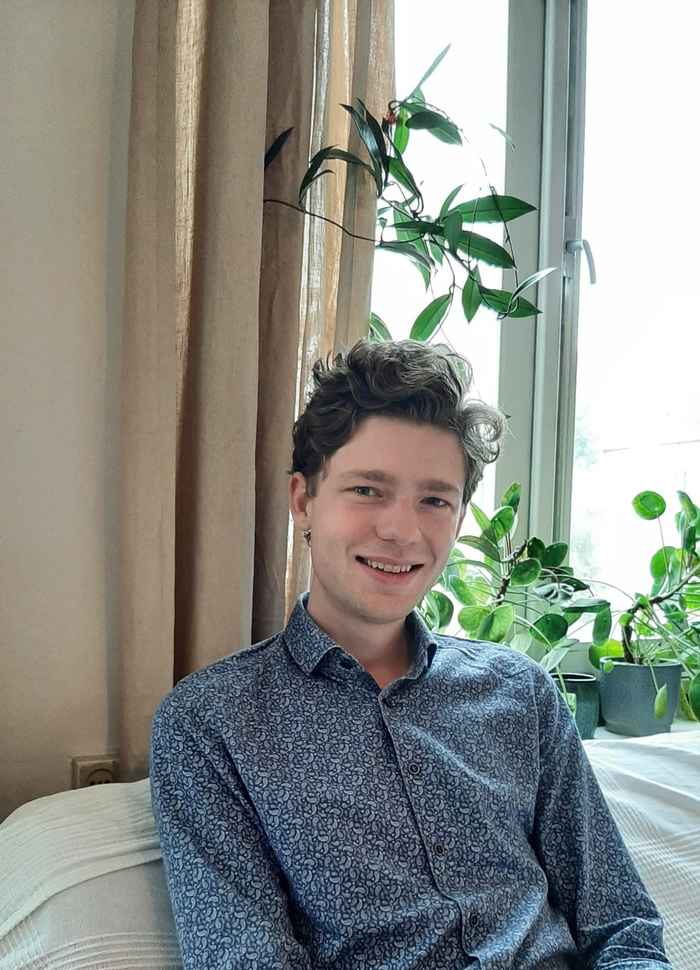
Marin Kuijt investigates the history of oil and gas extraction in the Netherlands and its empire. As a BA student at Utrecht University (History and Philosophy) he developed an interest in colonial history and the power of fossil-fuel corporations; at Leiden University he was introduced to environmental history, and obtained an RMA in Colonial and Global History. His PhD project Colonial Carbon: How Empire Shaped the Dutch Fossil Economy brings these three themes together, with the aim to understand how the colonial oil industry in the Dutch East Indies and New Guinea laid the foundations for oil and gas extraction in the Netherlands. He also publishes on oil corporations as donors and sponsors of museums and heritage sites, to understand how oil corporations shape our notion of what is sustainable and what is not.